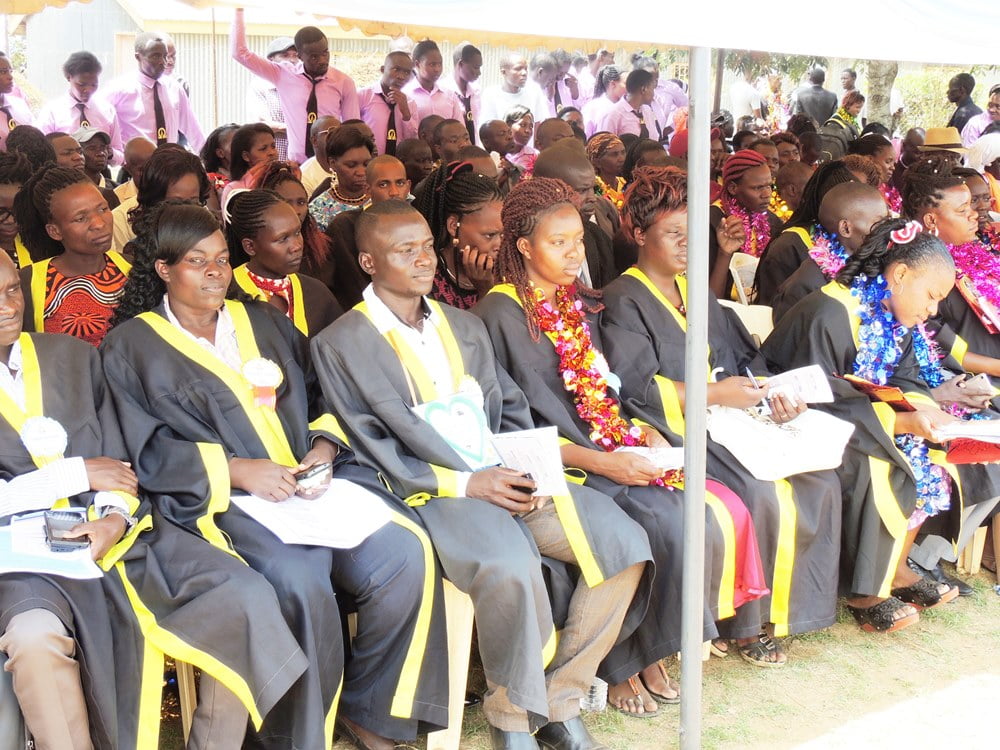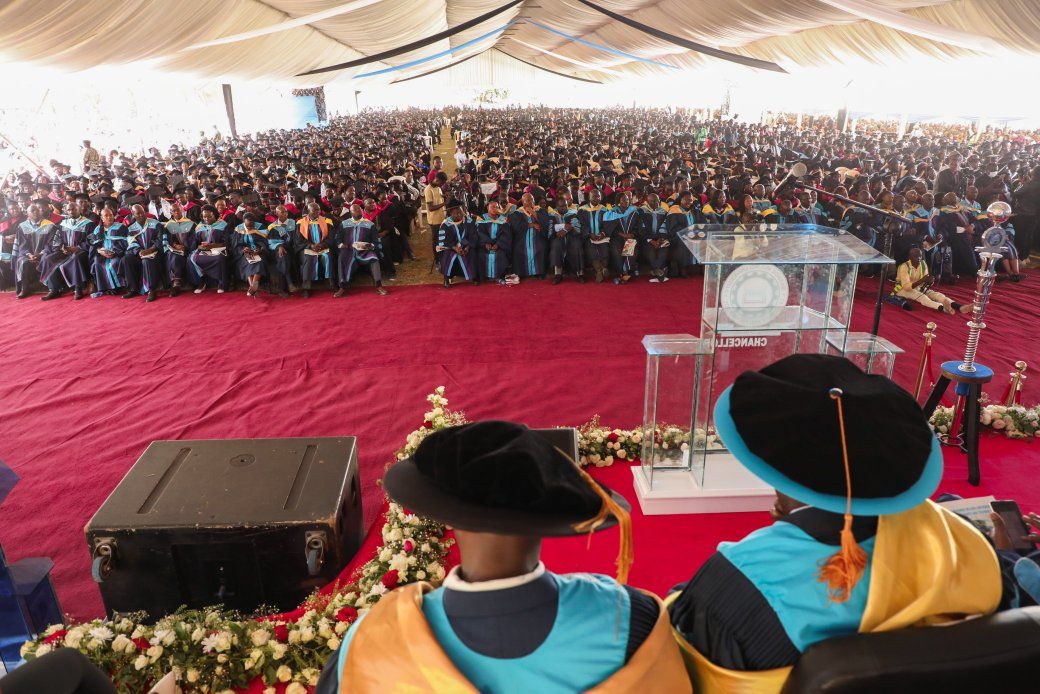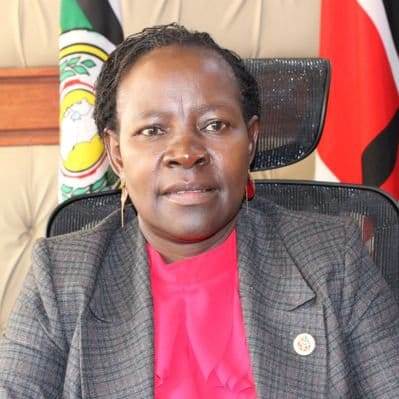Principals of public Teacher Training Colleges (TTCs) have voiced their concern over the limited absorption of their graduates by the Teachers Service Commission (TSC) sayibng that despite producing trained teachers, many graduates remain unemployed.
The principals, through their body, the Kenya Teachers Colleges Principals Association (KTCPA),, chaired by Mr Wycliffe Nyongeza,, have also urged the Ministry of Education to revise policies to allow TTCs to enrolenrol day scholars to boost student numbers. The current system only permits boarding students, which they argue restricts access for many potential trainees.
“Our admissions are based on bed capacity. That policy needs to change. Allowing day schooling would increase opportunities and boost our enrolment, which currently stands at about 27,000,” said Mr Nyongeza.
He further questioned why TTCs under Basic Education are denied permission to admit day scholars, while secondary schools and Technical and Vocational Education and Training (TVET) institutions serving learners of similar age groups do so freely.
“Why should we have secondary school day scholars and deny TTCs the same, yet these are adults? TVETs are not purely boarding institutions either. These are age matters,” he added.
During their annual conference, the principals appealed to the TSC and the Ministry of Education to urgently address challenges affecting the institutions, citing low graduate absorption and the policy barring day scholars as their top priorities.
Mr Nyongeza emphasised that TTC graduates are specifically trained to deliver the Competency-Based Education (CBE) curriculum, but very few are being absorbed.
“Our graduates are trained for CBE, but very few have been absorbed by TSC. Most of those absorbed are those who upgraded from P1,” said Mr Nyongeza.
He observed that while public schools are slow to employ TTC graduates, private schools are benefiting.
READ ALSO:
Teachers threaten to ditch Saccos over persistent network failures
“That’s why private schools are implementing CBC more successfully – they absorb our graduates immediately. But public schools need to catch up because that’s where the majority of our learners are,” he said.
Nyongeza further emphasised that TTC graduates undergo three years of training, including practical experience, making them well-prepared to implement the new curriculum. He commended the Kenya National Examination Council (KNEC) for reforms, particularly digitising the examination system, and called for TTC students to be included in the Higher Education Loans Board (HELB) funding scheme.
“Our TTCs train Diploma in Primary Teacher Education. So far, we’ve produced 2,000 graduates in the first cohort. These trainees are more qualified than their TVET counterparts, yet we remain sidelined in funding,” said Mr Nyongeza.
“We are ignoring the vital role teacher trainees play in shaping the country’s education foundation. If TVET students can get HELB, why not our trainees?” he asked.
Nyongeza, who also serves as the chief principal of Kamwenje TTC, noted that extending HELB support would increase enrolment and ease financial burdens.
Principals from 38 public TTCs across the country — in Coast, Nairobi, Rift Valley, Central, Eastern, Western, and Nyanza — also used the conference to review progress since the P1 certificate was phased out and to raise concerns about TTCs being slowly converted into universities.
“New universities should not take over TTCs. We’ve already seen this happen in Bondo, Narok, and most recently, Moi Baringo. These institutions are losing infrastructure and identity critical to foundational teacher training,” he said.
Despite challenges, the association acknowledged improvements since the adoption of the Curriculum-Based Teacher Education (CBTE) model.
“Our current CBTE trainees have made significant strides, particularly in digital literacy, thanks to the Ministry of Education and the K-PEEL Program,” said Mr Nyongeza.
He highlighted that all 38 TTCs (35 primary and three secondary) are now equipped with modern computer labs and functional studios, greatly enhancing 21st-century teacher preparation.
Finally, the principals urged the Ministry of Education to strengthen the Teacher Education Directorate, stressing that its visibility and involvement at the policy level remain minimal.
By Joseph Mambili
You can also follow our social media pages on Twitter: Education News KE and Facebook: Education News Newspaper for timely updates.
>>> Click here to stay up-to-date with trending regional stories
>>> Click here to read more informed opinions on the country’s education landscape
>>> Click here to stay ahead with the latest national news.





